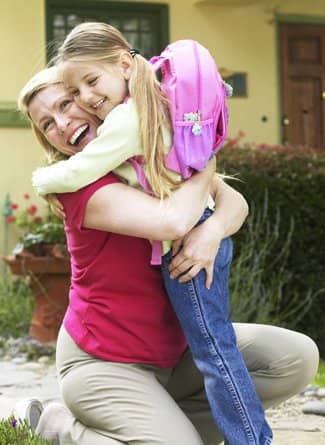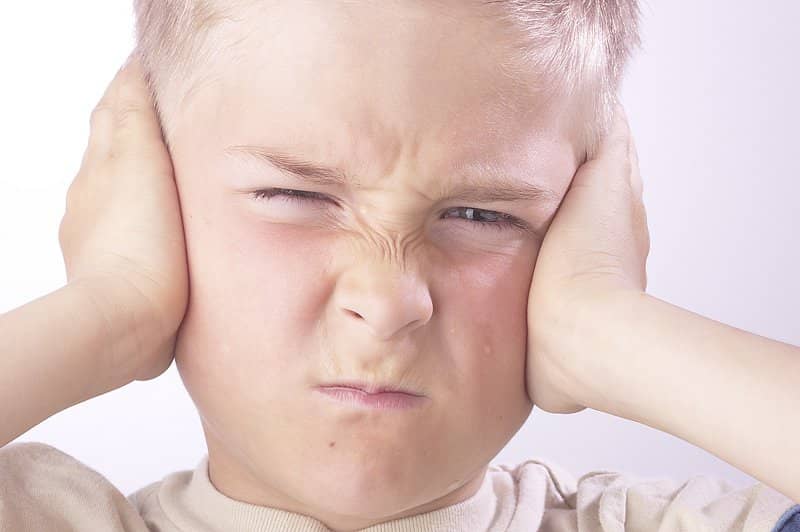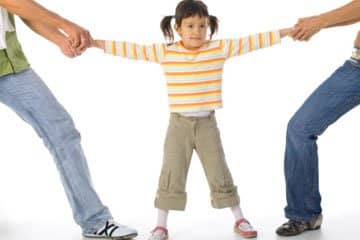Divorce is often portrayed as a negative event, especially when children are involved. It is true that the process can be stressful and challenging for everyone in the family. But in certain circumstances, divorce can also bring about positive changes, particularly for kids. Here, we delve into five ways in which divorce can actually benefit children, offering them opportunities for growth and development that might not have been possible in an unhappy or dysfunctional marriage.
Here are five ways that your children can benefit from your divorce:
1. When Mommy and Daddy are happier as individuals, their kids will be too.
When both parents achieve personal satisfaction after divorce, it positively impacts their children. Kids can sense the emotional climate at home. Constant fighting between parents can lead to an uncomfortable and miserable environment for everyone concerned. However, when parents separate and move on, they have the chance to establish their own sense of happiness and fulfillment.This newfound sense of joy has the potential to permeate the entire family, creating a more positive and supportive environment for the children. You know children thrive when they have emotionally stable and content parents, as it provides them with a sense of security and well-being. Therefore, when children witness their parents’ happiness post-divorce, it greatly improves their own emotional and psychological outcomes.
2. When the tension dissolves out of the house, kids will be more relaxed.
Kids usually notice a big difference in their level of relaxation when the stress in the home following divorce goes down. According to psychological studies, children are extremely sensitive to the emotional climate in their surroundings. They can act as ‘barometers,’ reflecting the tension or harmony present in their surroundings through their behavior. When there’s ongoing conflict between parents, children may show signs of tension, anxiety, or violence. But once the divorce happens and things settle down, you’ll notice a change in how the kids behave. They may become more relaxed, show fewer signs of distress, and interact more pleasantly with others. This shift in behavior underscores the profound impact that a decrease in household tension can have on children’s emotional well-being and overall adjustment to divorce.
3. When you model that you deserve to be in a satisfying and supportive relationship, you model something wonderful to your kids.
Kids learn a lot by watching their parents. If you’re in a marriage that makes you unhappy, it might teach your kids that being unhappy is okay in relationships. But that’s not true! Happy parents raise happier kids.
Research consistently shows that children benefit when their parents prioritize their own well-being and model healthy relationship dynamics. When you choose to divorce rather than stay in a toxic relationship, you are teaching your children important lessons about self-esteem, boundaries, and the pursuit of happiness. Although the transition following divorce may involve some initial adjustments, the long-term outcome is typically positive, as it demonstrates to your children that they deserve to prioritize their own emotional and relational fulfillment rather than settle for unhappiness.
4. With shared custody, kids have the opportunity to experience each parent as a full and competent parent.
When parents share custody after a divorce, kids get to see both mom and dad take good care of them. Before a divorce,one parent usually did most of the caring for the kids. But with shared custody, kids get to see each parent on their own. This helps them see how much attention and care each parent gives them. It also helps kids build stronger relationships with both parents and feel safe. Shared custody also encourages parents to share chores and decisions more equally. This shows kids how each parent can handle things at home. By seeing both parents’ strengths in a fair and loving environment, kids learn more about family and how to deal with changes.
5. There’s the potential for your kids to either witness you being happy on your own or finding a better partner, both of which are a good thing.
After a divorce, your kids might see you finding happiness again. This could happen by learning more about yourself (self-discovery) or even finding a new love. Even if you don’t want a new partner, your kids can learn from seeing you happy on your own or in a good new relationship. This shows them important things like how to be happy by yourself, how to bounce back from tough times, and how to build strong connections with others.
It’s true divorce is really tough, especially for kids. But it’s important to see that good things can come out of it too. When parents split up, it can make home life less stressful, help parents get along better, teach kids how to handle tough situations, make parents focus more on what kids need, and show kids different ways of living and thinking. So, even though divorce is hard, it can also help kids grow and learn.






